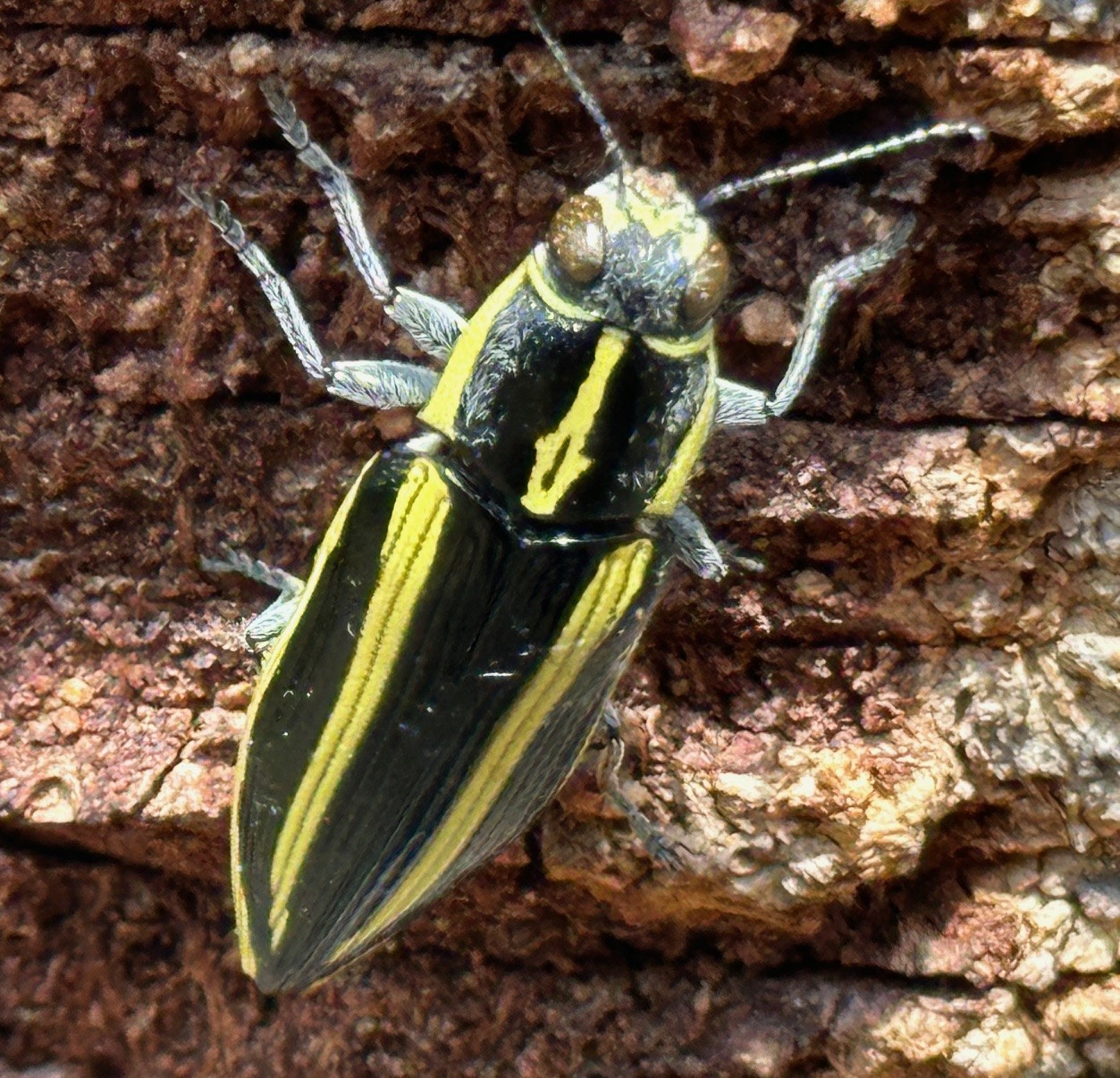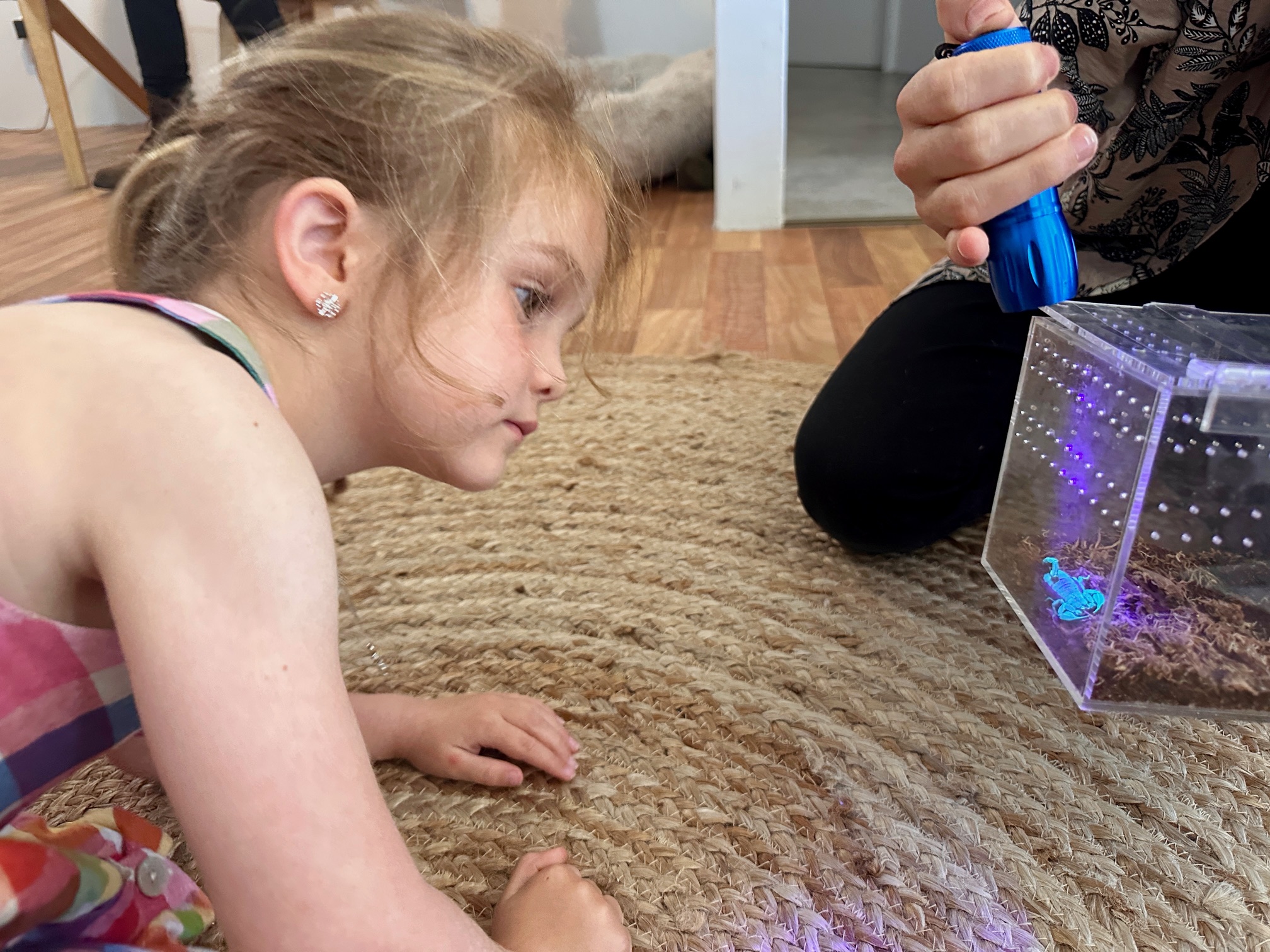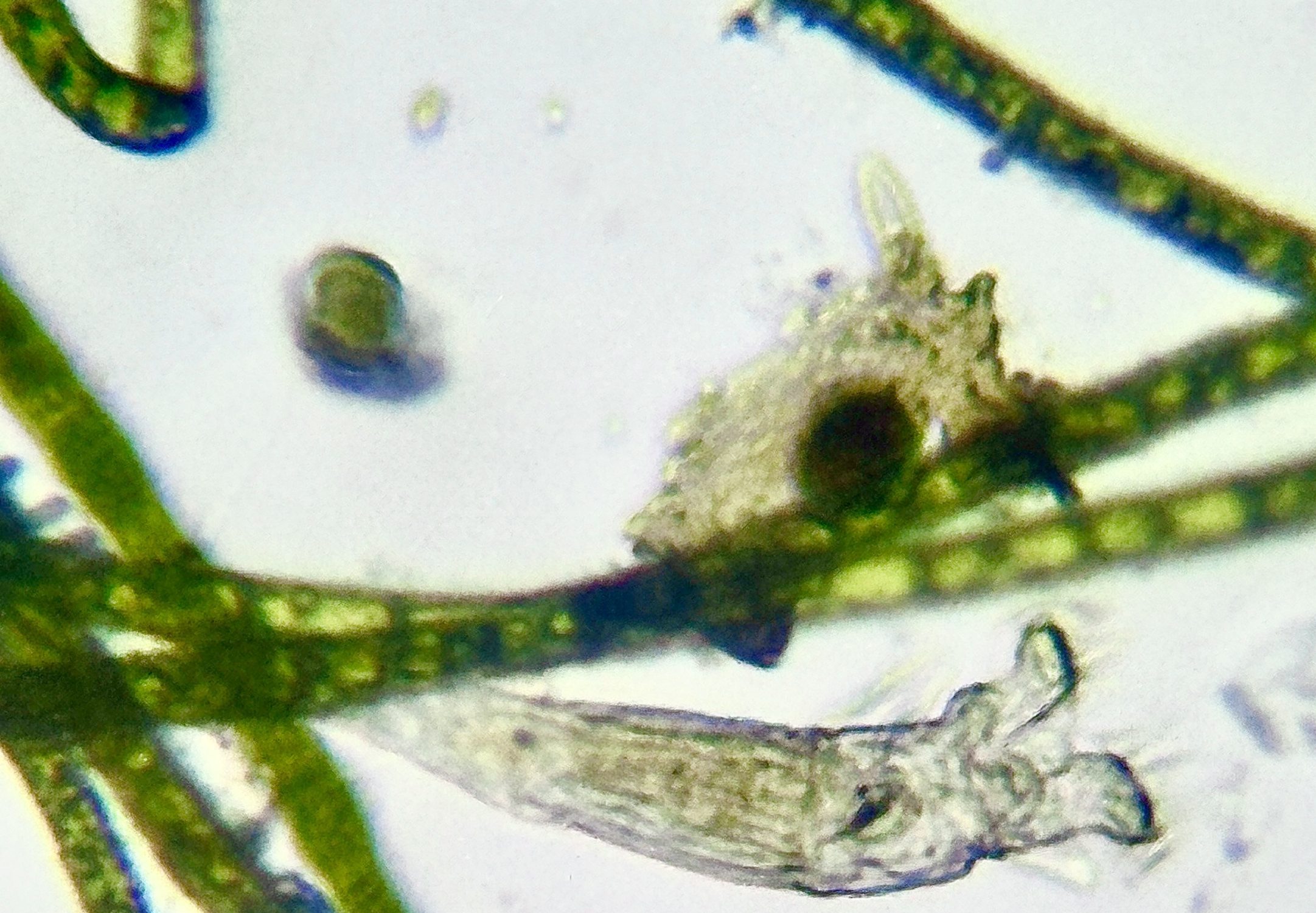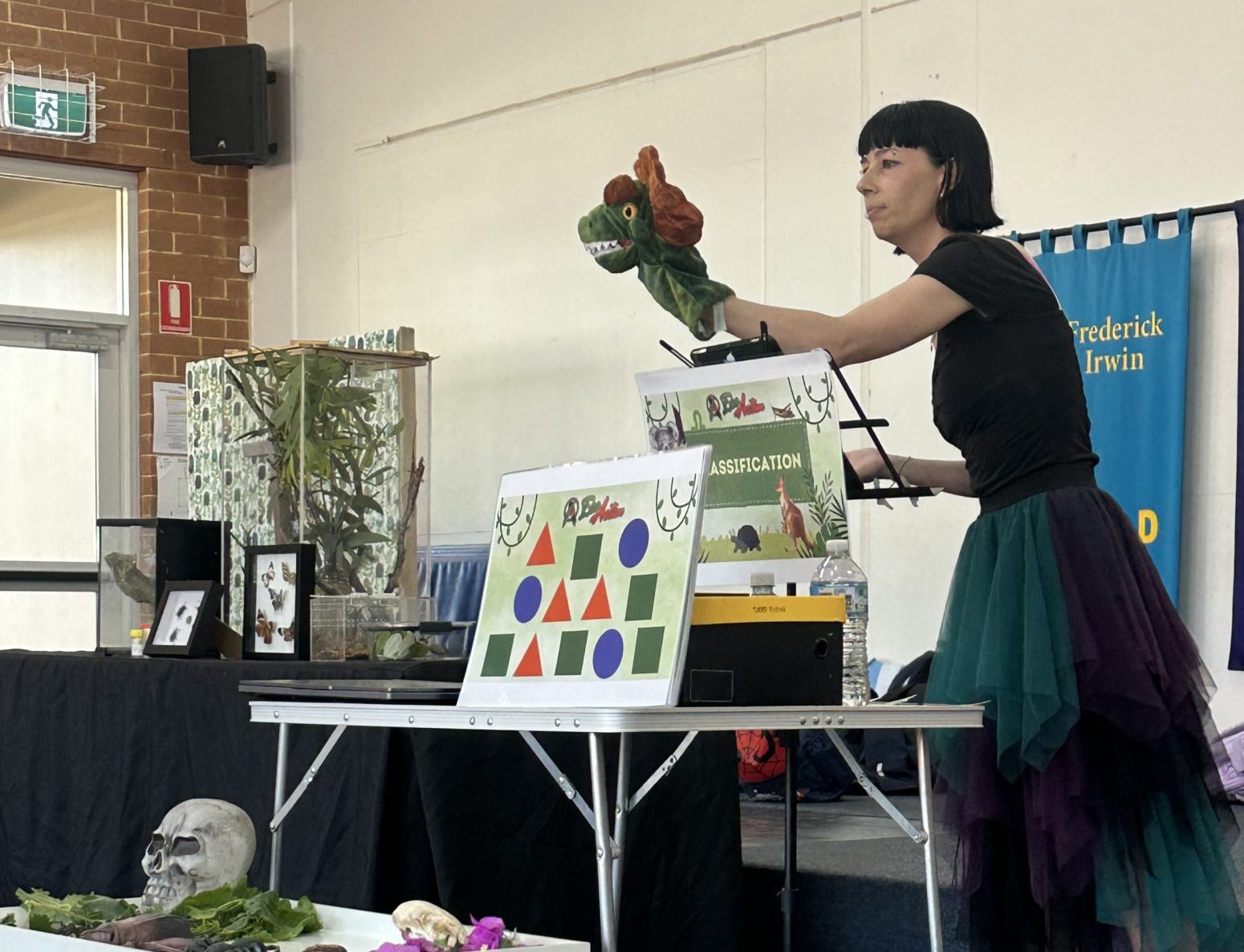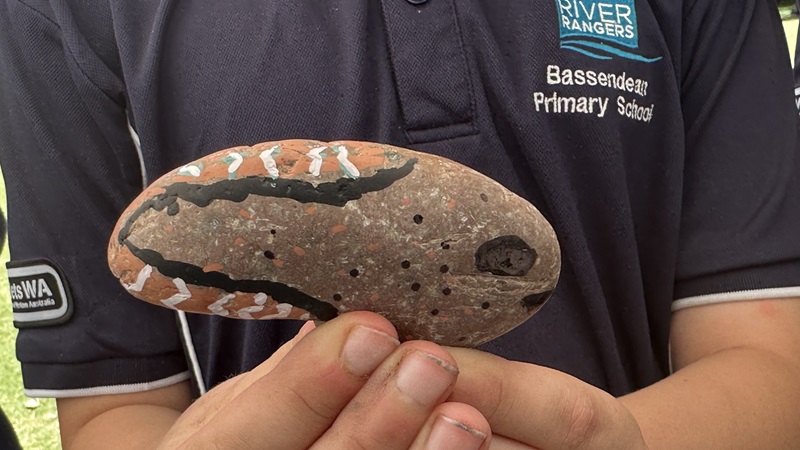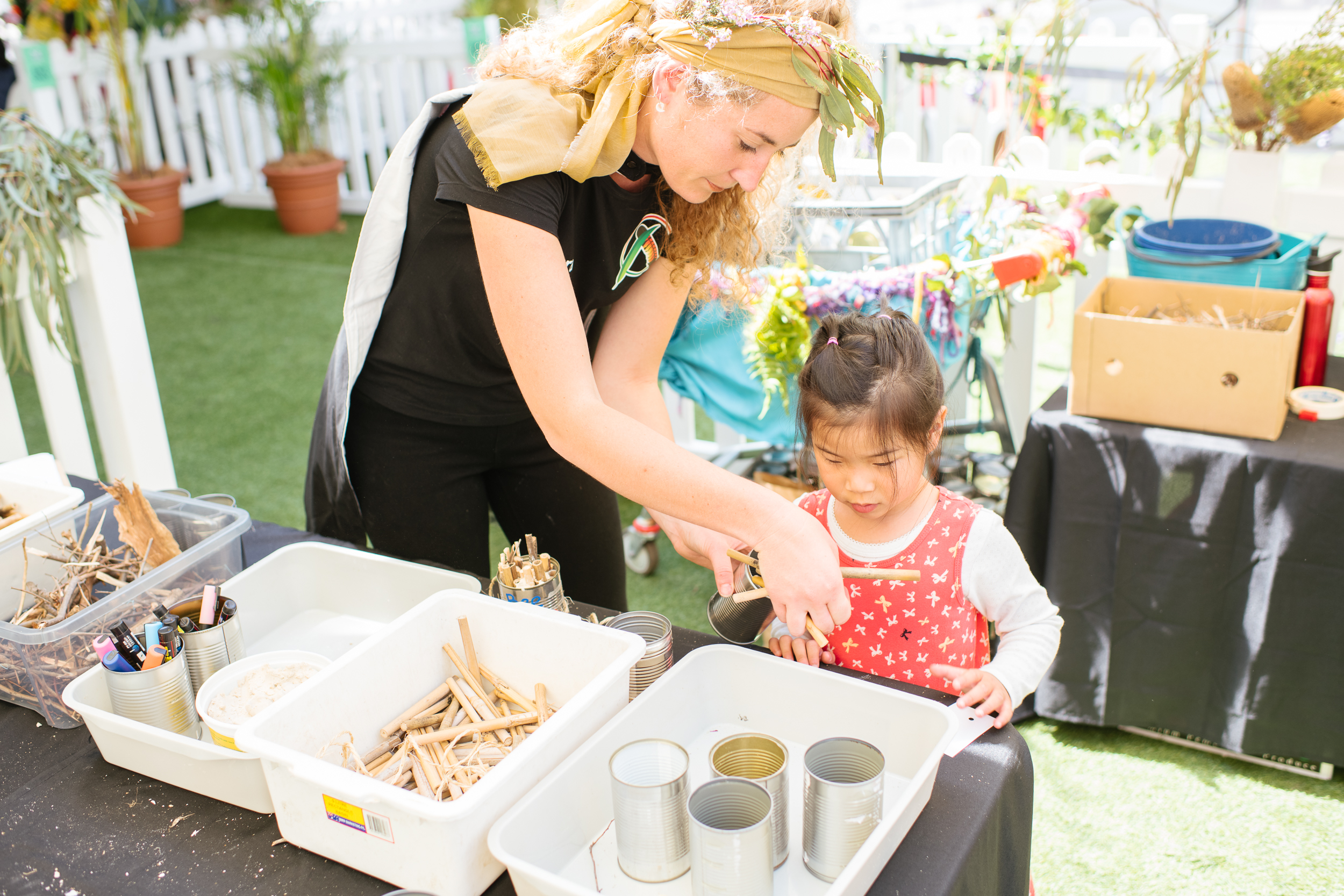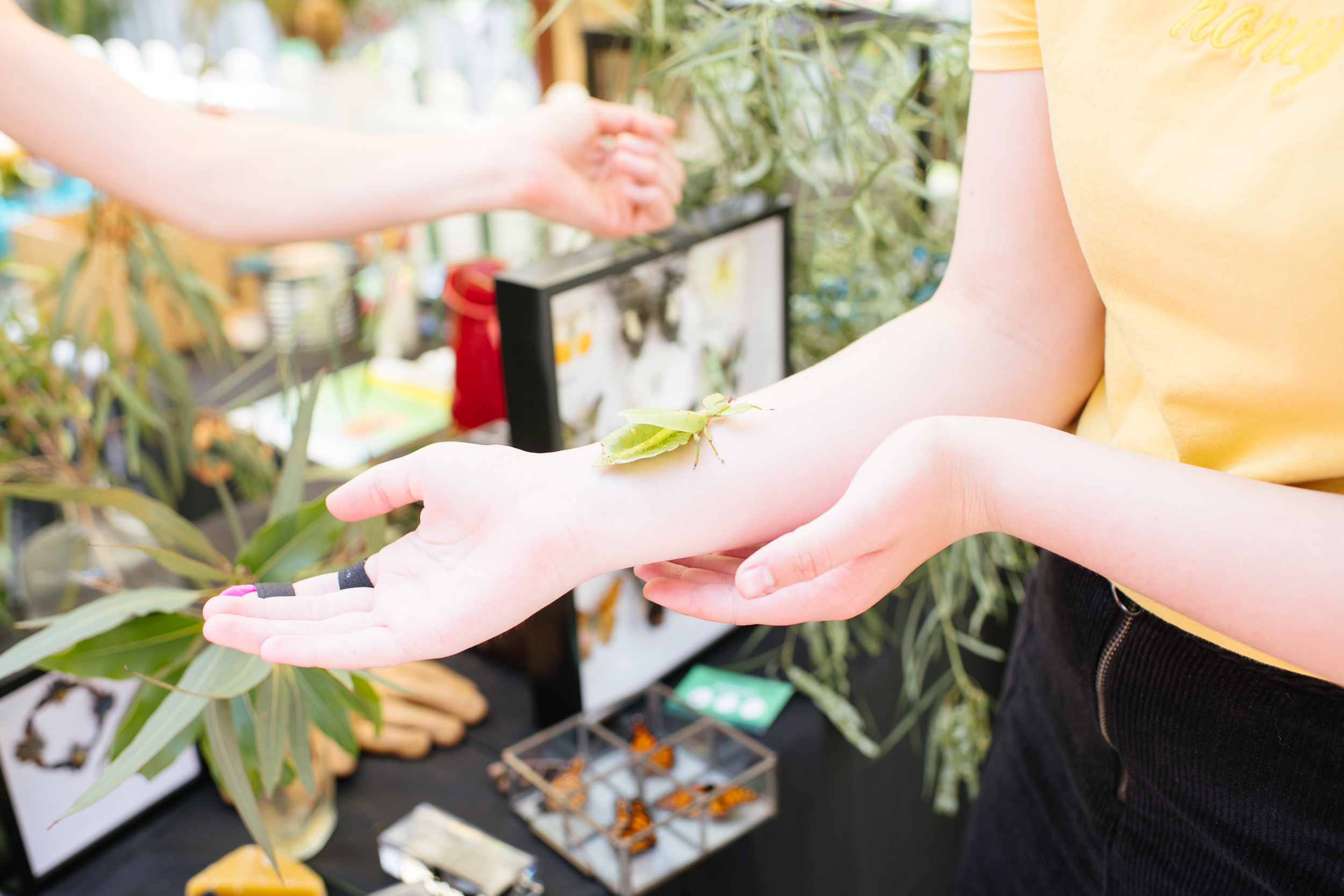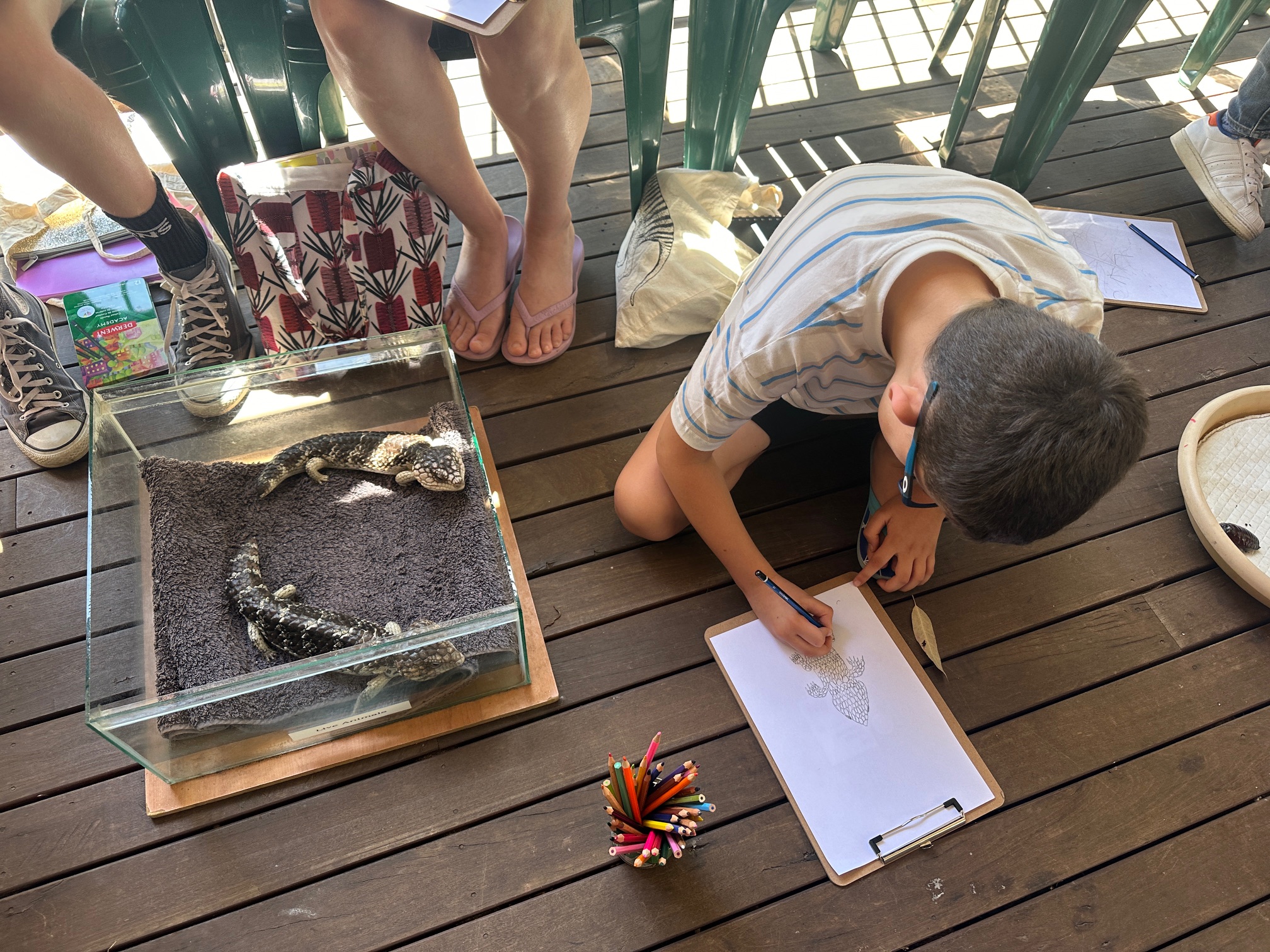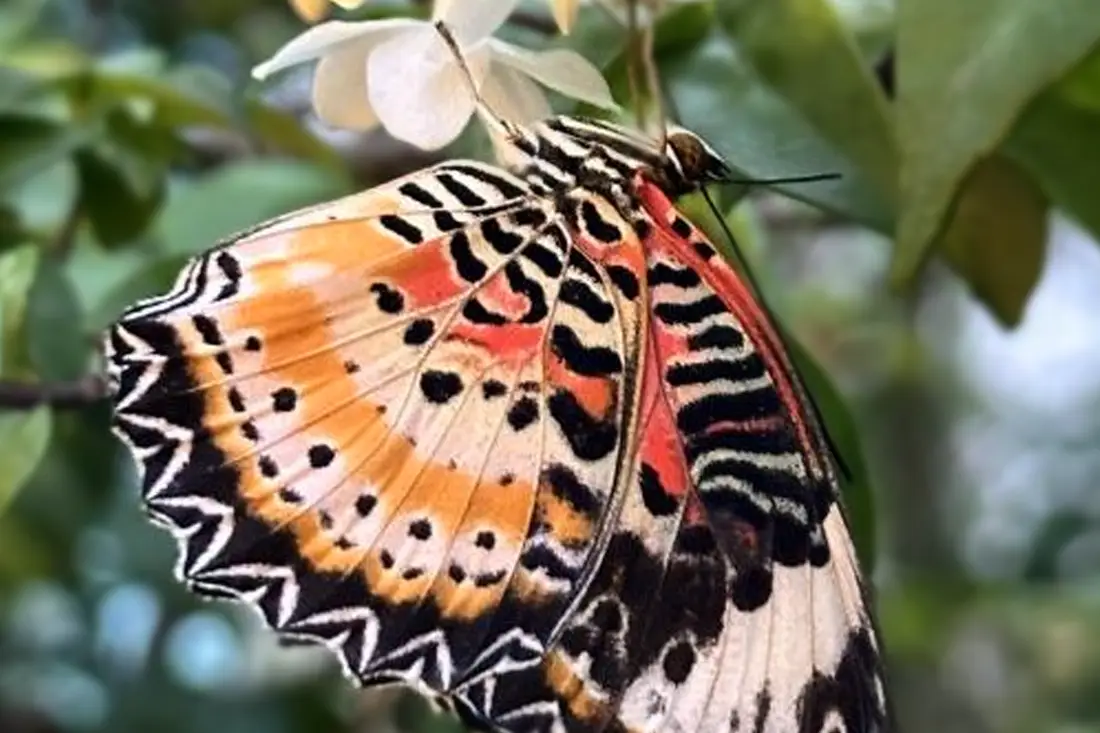
Entertaining, hands on experience, including interaction with animals in various stages of their life and an art component. Living things change as they grow - Butterflies, Beetles, Dragonflies, Frogs and many others experience dramatic transformations. Big trees grow from tiny seed. Birds start their life as an egg. Baby mammals look different to their parents and they need to learn and grow to reach adult stage.
In the Life Cycle hands-on workshop, children will be introduced to various aquatic and land invertebrates (dragonflies, butterflies, caterpillars, beetles and more) and amphibians in various stages of their life cycle. Depending on seasonal availability we may have additional creatures available – lizards, birds and plants. Sessions can be tailored to suit your requirements and can include a variety of topics, depending on the age group.
The children will have a chance to study the animals up close and draw the various stages of their development.
Main points:
- Living things have Life Cycles. The Cycle repeats in every new generation.
- Living things change and grow over their time.
- Living things may look very different in different phases of their life cycle.
- Some living things experience dramatic transformations like metamorphosis.
- Living things have various reproductive strategies – a simple division of one-cell organisms, spores for mushrooms, seeds for plants, eggs, live births etc.






